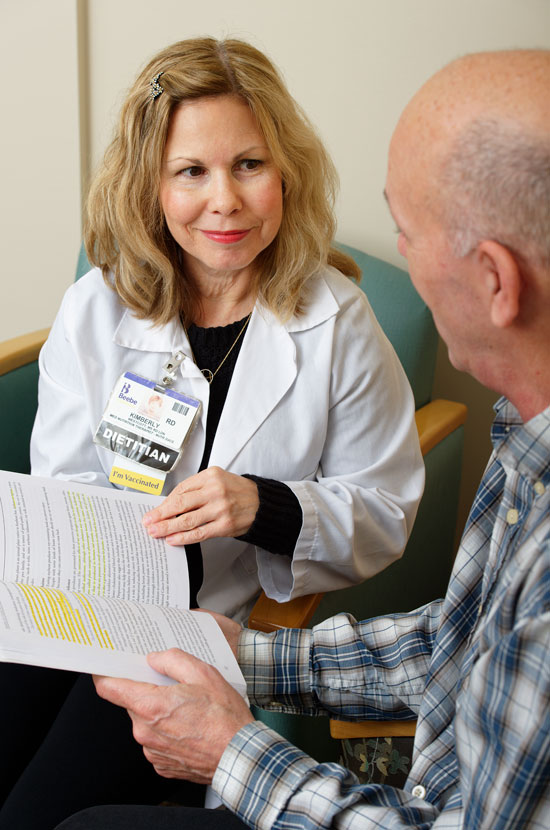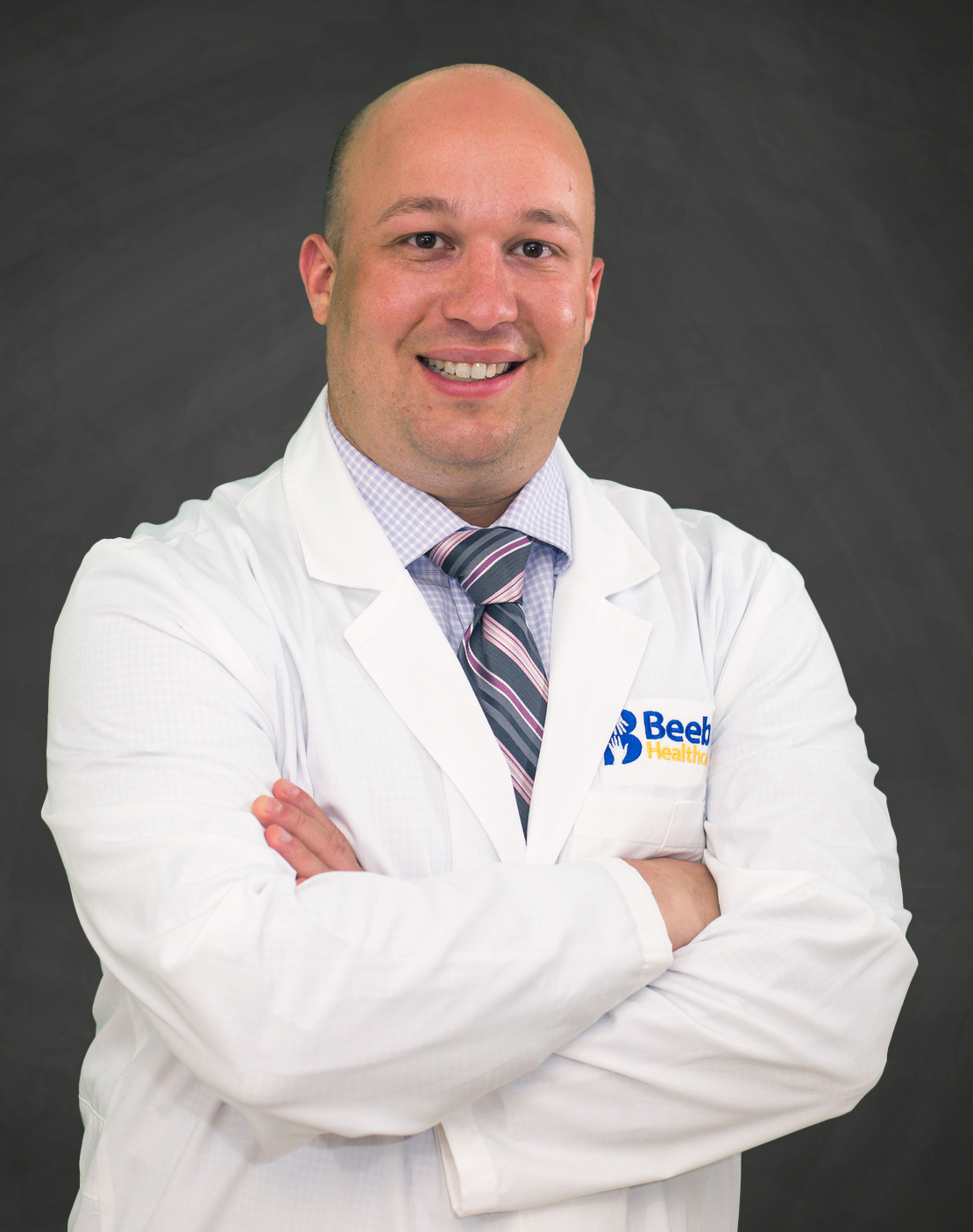Q&A with Oncology Dietitian Kim Westcott
 We spoke with Kim Westcott, MS, RD, LDN, board certified specialist in oncology nutrition at Beebe’s Tunnell Cancer Center, to get to the bottom of choosing the best foods for clean eating all year round.
We spoke with Kim Westcott, MS, RD, LDN, board certified specialist in oncology nutrition at Beebe’s Tunnell Cancer Center, to get to the bottom of choosing the best foods for clean eating all year round.Q: What is the most frequently asked questions about eating healthy?
Westcott: With a lot of my patients, I’m getting the question about sugar. We are asking oncology patients to watch their sugar intake and to try to choose foods that are more nutrient-dense. We are learning that when people eat sugar laden foods, there’s an insulin response and cancer cells can feed off that. Too much sugar can also lead to obesity, heart disease, and diabetes.
Q: What foods supply antioxidants, and why are they important?
Westcott: Fruits and veggies supply the greatest amount of antioxidants, which are important because they delay some types of cell damage. The different colors in fruits and vegetables indicate phytonutrients, which provide a variety of benefits. Talk to your Registered Dietitian or Primary Care Physician to find the best balance for you.
Q: What are some keys to eating clean as you age?
Westcott: Try to choose food with the least amount of processing. Meat and poultry can have a lot, so limit deli meat, hot dogs, sausage, and scrapple. I encourage folks to fill their plate with half vegetables from the local farmers market or that they’ve grown – fresh or frozen veggies are better than canned. When choosing canned vegetables, choose those with no salt added. Your plate should be half veggies, a quarter protein, and a quarter starch.
Let’s Eat Organic
What does organic mean anyway? “Organic” means your produce was grown without pesticides or genetic modification. For meats, it means no antibiotics or growth hormones. The food has to meet certain standards before it is labeled organic, and it still needs to be thoroughly washed before eating.
Want to eat organic, but aren’t sure where to begin? For the most benefit, Westcott suggests starting with fruits and vegetables that have thinner skin like:
Strawberries | Apples | Spinach | Peaches | Potatoes
The thinner the skin on produce, the more likely it is that pesticides may be present in the part of the produce that you consume.
But remember, when in doubt, always shop local and fresh no matter the organic label. Organic foods do provide the same amount of nutrients as non-organic foods, and it’s still better to get nutrients from conventional fruits and vegetables than not at all!
KIM WESTCOTT, MS, RD, LDN, ONCOLOGY NUTRITION SPECIALIST, TUNNELL CANCER CENTER
PREVIOUS ARTICLE



